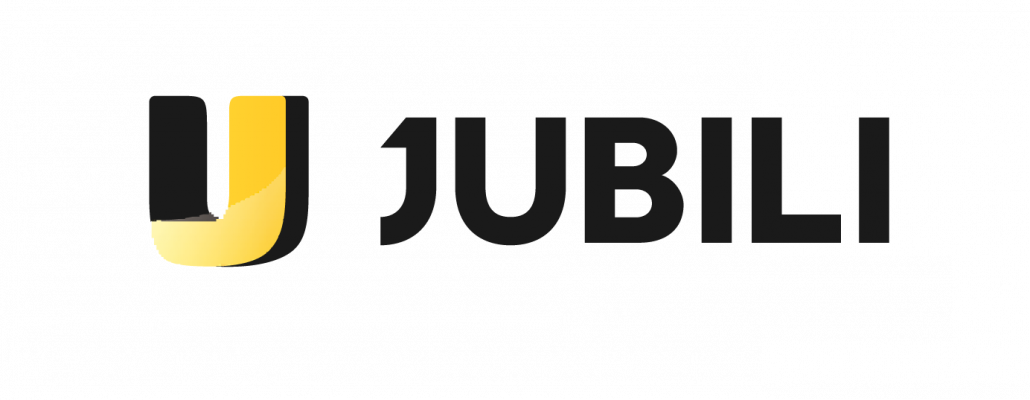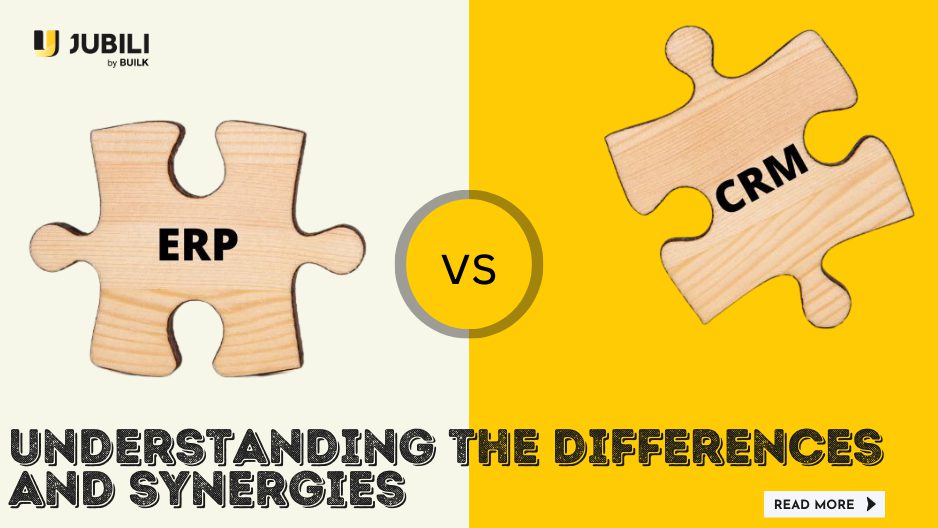CRMs and ERPs play a major role behind managing different aspects of businesses. However, these two types of systems are designed to address different challenges and needs that businesses face. Let’s deep dive and understand the differences between them. Based on that, you will figure out what systems you need to have in place to keep your business up and running.
What is a CRM?
Customer Relationship Management (CRM) is a specialized software program that manages and optimizes customer interactions across the course of a customer’s relationship with a business. CRM’s main objective is to raise customer satisfaction and retention rates, which will eventually result in increased sales. Sales, marketing, and customer service teams often utilize a CRM system to monitor leads, manage sales funnels, and provide individualized customer experiences while also better understanding client preferences.
Wha is an ERP?
A complete software system known as enterprise resource planning (ERP) connects and controls a variety of business operations within a company. ERP systems act as the foundation of organizations, combining data and optimizing processes to increase production, save costs, and improve efficiency. To guarantee smooth communication and data exchange, the departments of finance, human resources, procurement, inventory management, and manufacturing often employ ERP systems.
Understanding the Differences Between CRM and ERP
While CRM and ERP systems may have certain features in common, their emphasis and scope are fundamentally different. Here are some key differences that you can find in them.
- Operations Coverage
CRM focuses on sales, marketing, and customer support tasks while tracking customer connections and interactions. ERP, on the other hand, covers a broad variety of corporate activities, including manufacturing, supply chain, HR, and finance.
- Focus on Data
CRM focuses on customer data and interactions, keeping a thorough understanding of preferences, history, and feedback. ERP has a strong emphasis on operational data, which includes financial transactions, inventory levels, timetables for manufacturing, and staff data.
- User Base
To monitor customer interactions and spur revenue development, sales, marketing, and customer support departments mostly employ CRM systems. ERP systems serve a wide range of users, including accountants, human resource managers, buyers, production managers, and inventory controllers.
- Purpose
CRM systems are designed with short- to medium-term objectives in mind, with the immediate goal of increasing customer happiness and boosting revenue. ERP systems concentrate on maximizing operational efficiency and generating sustainable development to satisfy long-term company demands.
Similarities between CRM and ERP
Despite the fact that CRM and ERP systems are intended to target various company functions, their integration may provide strong synergies that improve organizational performance. Here are some advantages that firms may get from combining CRM with ERP.
- 360-Degree image of Customers
Businesses may get a thorough 360-degree image of their customers by connecting CRM and ERP systems. Businesses may better tailor client experiences and increase customer satisfaction by using this holistic approach to link their sales, marketing, and customer support initiatives with other operational factors.
- Streamlined Sales and Order Processing
Sales personnel have access to real-time inventory data and order status information when CRM and ERP systems are connected. As a result, sales teams are better able to give precise delivery estimates and quickly address client queries, eventually increasing sales efficiency.
- Effective Lead-to-Cash Cycle
A smooth Lead-to-Cash Cycle is made possible by the integration of CRM and ERP systems. The whole process, from lead generation in CRM to invoicing and payment processing in ERP, becomes more effective, cutting down on the amount of time it takes to turn leads into paying clients.
Final words
Now you have a clear idea about the differences and similarities between CRMs and ERPs. With this in mind, make sure that you pick the right tools to ensure your long-term business success.
Sign up for your FREE TRIAL!

